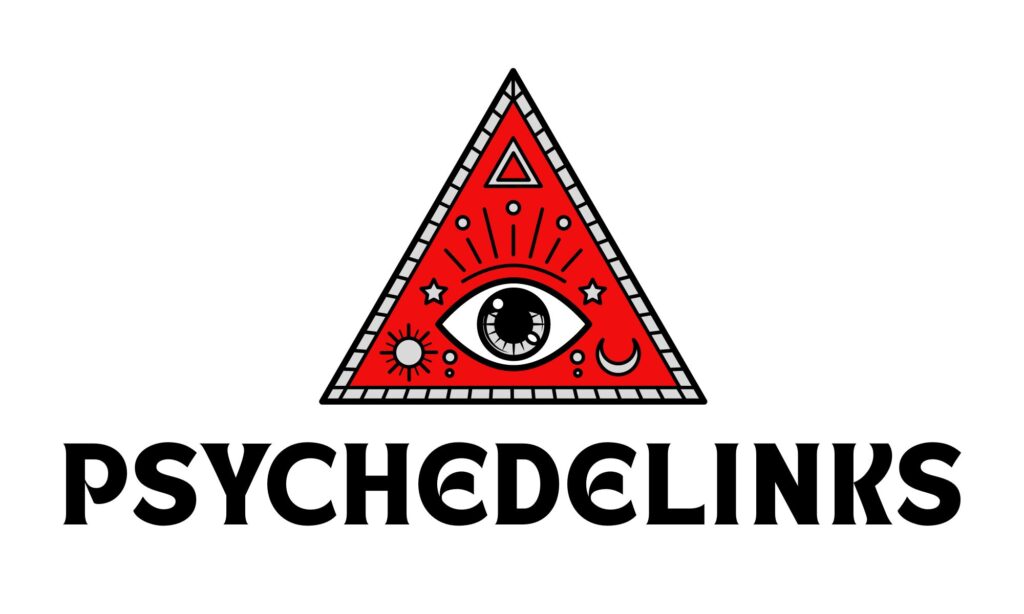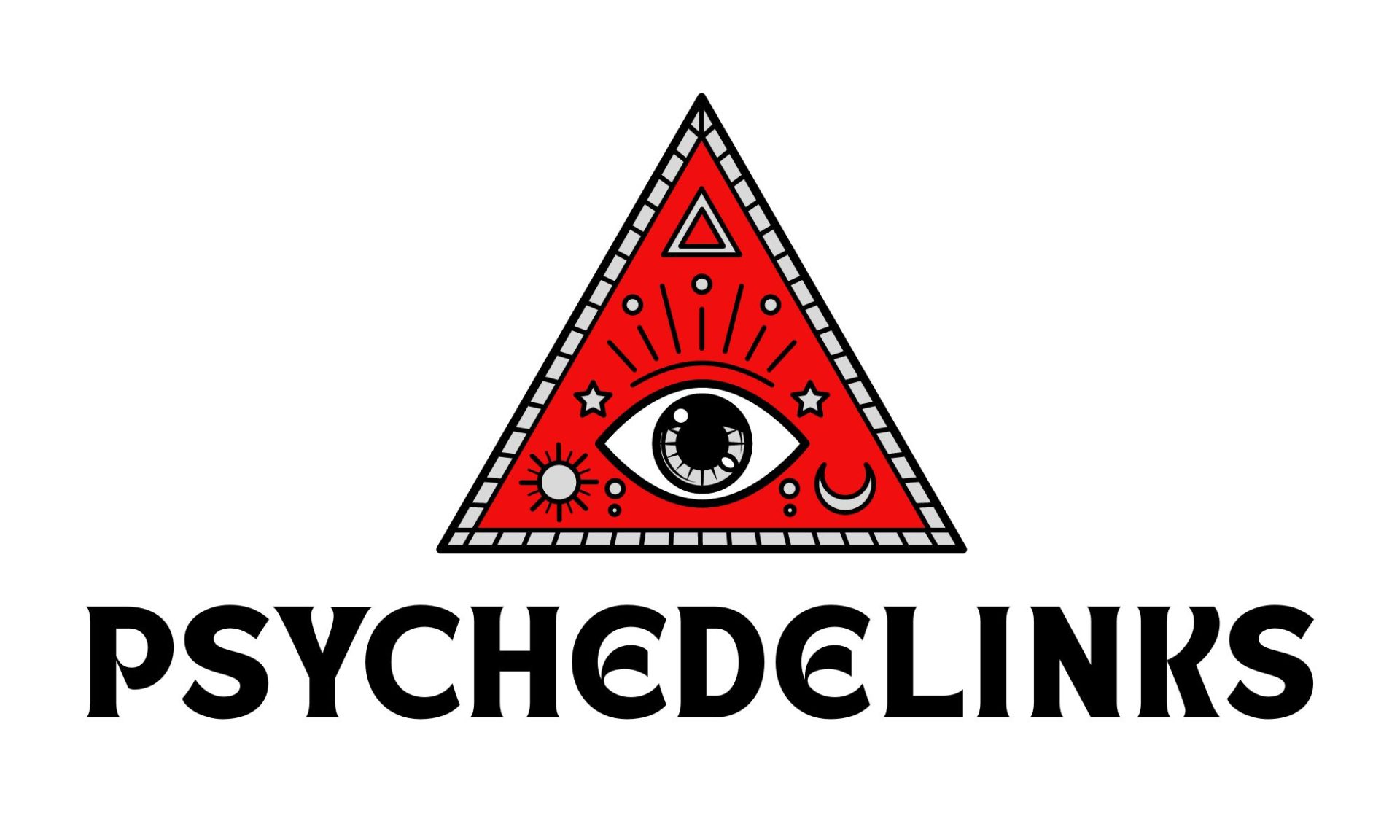PsychedeLinks is a curated selection of top news stories impacting business, research, and culture in the psychedelics ecosystem, crafted by Emerge Law Group’s groundbreaking Psychedelics Group.
Emerge’s Hot Take
Oregon is Teaching the States How to Tax Psychedelic Mushrooms
In 2023, Oregon became the first in the nation to establish a comprehensive framework for a legal psilocybin-assisted therapy program, implementing strict protocols for licensing manufacturers, service centers, facilitators, and testing laboratories. This regulatory system, which includes a 15% tax on psilocybin products, has been navigated by hundreds of facilitators and centers, and is the chief model for approximately a dozen other states drafting their own proposed psychedelic legislation.
While it is tempting to draw comparisons to Oregon’s established cannabis industry, the regulatory mechanisms in play are quite different. For example, accessing psilocybin requires clients to engage with licensed service centers, undergo preparatory consultations, and participate in supervised sessions. This rigorous process aims to ensure safety and efficacy but admittedly comes with heightened costs, ranging from $1,500 to $3,000 per experience. While the current financial barriers limit widespread access, Oregon’s program and psilocybin market has significant potential to expand over the next decade if policy makers take steps to reduce operational risks, says business attorney Dave Kopilak.
“While the facilitation model certainly has its benefits when it comes to supervision, guidance, safety, and in many cases a client’s entire psilocybin experience, it also has its challenges, because it makes access to psilocybin products substantially more expensive, thereby reducing overall access,” says Kopilak, a shareholder with Emerge Law Group in Portland who served on Oregon’s Psilocybin Advisory Board and drafted Measure 109. “But things will evolve, and I suspect at some point in the future the facilitation process will be optional and folks will be able to buy at least some psilocybin products from retail stores.”
Other Noteworthy News
In-Home Psilocybin Use Should Be Allowed in Oregon for Disabled and Terminally Ill People, Lawsuit Says
THE BULLETIN – “A group of people trained to supervise psychedelic mushroom use in Oregon have filed a federal lawsuit hoping to adjust the state’s psilocybin law to allow disabled people or people with terminal illnesses to use mushrooms at home. The law, passed by voters in 2020, now says people can use mushrooms only in state-licensed psilocybin service centers. The lawsuit — filed Monday in Eugene by psilocybin facilitators against the Oregon Health Authority — says people ‘who would benefit from access to psilocybin the most’ are denied access because they can’t travel to get the treatment. The facilitators argue in the suit that they must either refuse care for people who cannot go to service centers in violation of the Americans with Disabilities Act or provide care in a setting outside of what is allowed under the law, which jeopardizes their licenses with the state. The group of facilitators hopes the suit pushes the Oregon Health Authority to provide accommodations to people with disabilities or health issues that make it impossible for them to go to a service center.”
New Washington Ballot Measure Would Legalize Psychedelic Plants and Fungi
MARIJUANA MOMENT – “Organizers in Washington State are working to put a measure on the state’s ballot that would legalize a number of plant- and fungi-based psychedelics for personal use, including psilocybin mushrooms, mescaline and DMT. While the proposal wouldn’t allow commercial sales of the substances, it would permit paid “supportive services” under which people could receive compensation for facilitating psychedelic experiences, somewhat like services already legal in Oregon and Colorado. Individual adults could also freely grow psychedelic plants and fungi and share them with other adults without remuneration.
The initiative campaign, the Responsible Entheogen Access and Community Healing Coalition (REACH WA), submitted the measure to the secretary of state about a month ago, and the office granted it a formal ballot title and summary on June 27. It’s not likely to make the ballot this year, however, given that the July 5 deadline to submit signatures for a vote this November has now passed. In a statement to Marijuana Moment, REACH WA said the group’s ‘submission for this legislative season was largely symbolic and to generate awareness for our campaign. We are still working diligently to finalize our strategy, mobilize our supporters, and find financial backers […] We are committed to refining and improving the language of our initiative, whether it’s for a ballot initiative in 2026 or in hopes of finding a legislative sponsor. Ongoing input remains invaluable to us, particularly on key issues such as the advisory council, penalties for minors, and public use regulations.’”
Health Officials say Mushroom Candies Sold in Oregon Stores Were Poisonous
WILLAMETTE WEEK – “Across the country, people are being poisoned by consuming a popular “microdose” candy. Diamond Shruumz chocolate bars, cones and gummies were distributed online and to vape stores across the country by a California company. The Oregon Health Authority stated in a press release on July 9 that Oregon was among 27 states with a reported case of severe illness after consuming the candy. The culprit: muscimol, a chemical found in the mushrooms used for Diamond Shruumz products. According to the National Library of Medicine, muscimol is a psychotropic drug, which means it affects how the brain works and can affect mood and behavior. It also binds to gamma-aminobutyric acid receptors in the brain and acts as a sedative. However, it is not considered psychedelic.
‘Reported symptoms that may be related to the recalled products have included seizures, agitation, involuntary muscle contractions, loss of consciousness, confusion, sleepiness, nausea and vomiting, abnormal heart rates, and hyper/hypotension,’ the U.S. Centers for Disease Control and Prevention reports. Oregon has only had one case reported, but there have been 58 cases across the country with 30 hospitalizations and one death that is being investigated.”
New Jersey Lawmakers Amend Psilocybin Bill to Focus Only on Therapeutic Use, Removing Broader Legalization Provisions
MARIJUANA MOMENT – “A New Jersey Assembly committee has adopted an amendment to a psilocybin bill that aligns its provisions with a Senate companion version, removing language to more broadly legalize the psychedelic and instead focusing on therapeutic use. Initially, the legislation was introduced in identical form to what lawmakers proposed last session—a plan that included personal legalization provisions, which the recent amended versions takes out. Those components would have made it legal for adults to ‘possess, store, use, ingest, inhale, process, transport, deliver without consideration, or distribute without consideration, four grams or less of psilocybin.’
In its amended version, the bill would charge the Department of Health (DOH) with licensing and regulating the manufacture, testing, transport, delivery, sale and purchase of psilocybin. There would be five license types: manufacturer, service center operator, testing laboratory, facilitator and psilocybin worker. In furtherance of the shift toward a therapeutic-focused model, the substitute bill changes references to ‘clients’ to ‘patients,’ and ‘integrated session’ has been replaced with ‘integrated therapy session.’ It also removes all references to the existing Cannabis Regulatory Commission.”
Psilocybin Therapy, One Year In: Data from One Year of Legal Psilocybin Offers Insights
SOURCE WEEKLY – “One year into the rollout of Oregon’s legal psilocybin program, providers and regulators are starting to get a look at who’s been using the program, and why. Oregon Psilocybin Services, which runs and regulates Oregon’s program, will begin posting data from service centers across the state in 2025 to better understand psilocybin outcomes. The requirement to collect this type of data came out of Senate Bill 303, which passed the Oregon legislature in 2023. This information will offer more details on the number of clients served, why clients are accessing psilocybin and the outcomes and adverse effects of psilocybin services. ‘We think that nationwide and globally, people will benefit from seeing this data come to life from Oregon,’ said Angie Albee, the manager of Oregon Psilocybin Services, a section housed within Oregon Health Authority.
While not comprehensively tracking clients’ progress, [some] local service centers, like Drop Thesis in Bend, have noted the outcomes they’ve seen over this last year. Drop Thesis received its license in December and started doing sessions on March 1. ‘Every day, we see that the services we offer are changing people’s lives,’ said Gary Bracelin with Drop Thesis. ‘It’s pretty extraordinary and rewarding. We’re constantly reminded why we started this business.’ Bracelin noted that OHA has been very open to working with licensees to learn and collaborate and figure out ways to regulate the program. ‘We’re learning every day how we can make the system better, easier to navigate and more friendly to the public.’ With time, Albee is hopeful that more information and access will yield better results. ‘We’re such a new regulatory industry or ecosystem that it takes time to really understand what’s happening and so we’re just getting all that information out there for folks,” said Albee. “Were really trying to build a continuum of care for clients to be fully supported.’”
WATCH: Psychedelics Are Now Legal in Australia – With a Catch
BLOOMBERG ORIGINALS – “Australia is a nation known for its conservative attitude towards drugs. So the approval of psychedelics for use in psychotherapy in 2023 came as a shock. Maybe more shocking was who got it done – an opera singer and her former investment banker husband, who kicked up no shortage of controversy along the way.”
Subscribe
Subscribe to PsychedeLinks to receive essential biweekly articles on news, business, and culture in the psychedelics industry, delivered straight to your inbox.


